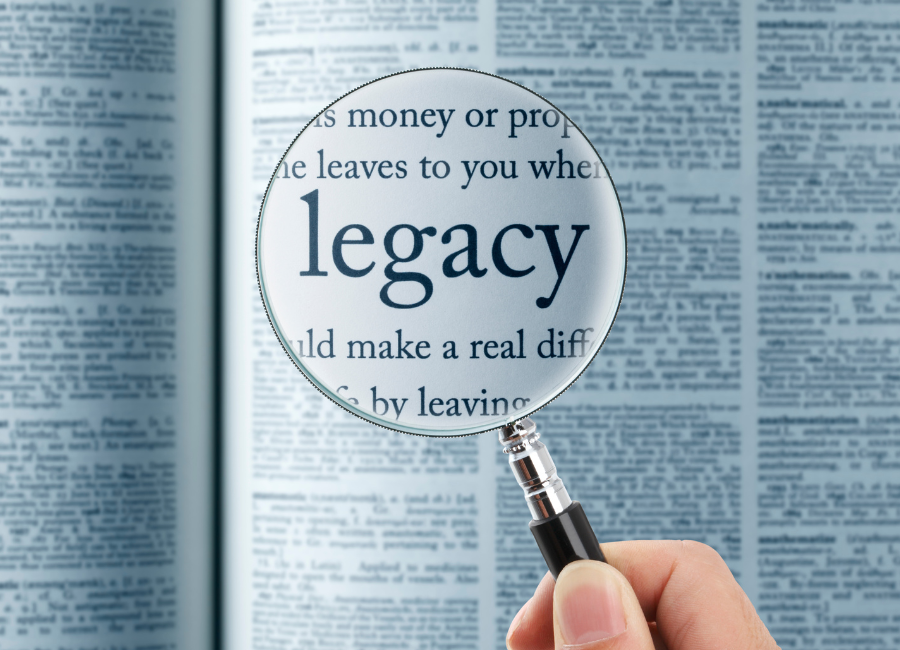From Sidelines to Legacy – James Speed and the All-Star Ripple Effect

"What are you putting in the water up there?" – Jeff Webb
When Jeff Webb, founder of Varsity, asked James Speed that question, it wasn’t about hydration. It was about influence. Because when you trace the roots of some of the most iconic names, programs, and ideas in cheerleading—you’ll often find yourself back in Louisville. Back with James Speed.
In this episode of The MotUS Edge, James opens up about what it means to shape a sport from the sidelines, build leaders by design, and never let a locked gym door stop your mission.
From Football Fields to Cheer Floors
James didn’t grow up dreaming of being a cheerleader. He was a football player with strong grades, recruited to boost a college team’s GPA. But what started on the field led him to a bigger field of influence. And soon, he wasn’t just coaching teams—he was creating a culture.
That culture? It birthed an entire generation of coaches, gym owners, and choreographers. Cheer Athletics. California All Stars. GymTyme. Jam Brands. Misty Hodges. Brad Habermill. Elaine Pascale. All roads lead back to the University of Louisville, and to the man who refused to settle for average.
“I didn’t just say ‘do this because I’m in charge.’ I explained why—so they understood the process. That’s how leaders are built.”
Creating Space—Literally
The origin of GymTyme wasn’t about business. It was about survival.
After constantly getting booted from university gyms, James took matters into his own hands. He opened GymTyme so his athletes had a consistent space to train. Slowly, he acquired every piece of equipment needed—on his own terms.
“Nobody was going to tell me I couldn’t train my kids.”
That space became more than a practice floor. It became a hub of innovation and a launchpad for careers.
Why All-Star Style Looks the Way It Does
Many say James Speed helped define the performance-forward, fast-paced, skill-packed style we now call All-Star.
But it wasn’t about flash—it was about function.
He didn’t have enough athletes who could do it all. So he built routines in compartments:
- Tumblers tumbled.
- Stunters stunned.
- Dancers danced.
And with that shift, he ushered in a category-based mindset that still shapes choreography today.
You show what you’re good at. You hide what you’re not.”
Sound familiar? That’s All-Star.
The Male Athlete Dilemma: Where Did They Go?
One of the most pressing points in this episode is James’ concern over declining male participation in cheer.
“We’re catering to one body type—one talent set. And we’ve left big boy stunters off the score sheet.”
According to James, the shift in scoring has quietly removed an entire archetype of athlete. It’s not about ability—it’s about
incentive. If routines don’t reward coed strength, coaches stop recruiting it. And when that happens, young men are left
without a place in the sport.
His solution? Rewrite the score sheet to revalue coed roles—not by requirement, but by incentive.
“If we change the score sheet now, I guarantee you we can increase male participation by 25% in two years.”
The Birth of Spirit Sports
Spirit Sports began like most great ideas—inconveniently. Rain ruined their first event setup in Myrtle Beach. So James and co-founder Shannon Smith scrambled, relocated to a convention center, and pulled it off in 24 hours.
From there, the vision grew. Spirit Sports wasn’t just a competition. It was an experience:
- Free tickets to amusement parks.
- Golf tournaments for dads.
- Super Bowl viewing parties.
- Low admission costs.
“We wanted people to leave saying, ‘That was fun,’ not just, ‘That was fair.’”
This people-first approach set the tone for what great events could feel like—and still influences how competitions are run today.
AccuScore & The Simplicity of Fairness
James doesn’t hate judging. He just wants it to make sense. That’s why he co-created AccuScore—to give coaches clarity and judges consistency. But he’s quick to warn: overcomplication kills confidence. Most judges are passionate volunteers, not full-time professionals. If they don’t have 40 hours a week to train on the system, the system has to be simple.
“You can’t just brief the judges. You have to brief the coaches, too.”
Transparency builds trust. And when both sides understand the score sheet, competition becomes growth—not conflict.
A Legacy That Lives On
Louisville. GymTyme. Spirit Sports. AccuScore. Hundreds of leaders launched. Thousands of athletes coached.
James Speed didn’t just build teams. He built systems that build people.
His advice for today’s coaches and gym owners?
- Don’t wait for perfect—just start. The first Spirit Sports was chaos. They made it work.
- Design for every body. Not every athlete will be elite. Make space for each to shine.
- Fight for clarity. In rules. In feedback. In communication.
And above all:
“This sport won’t last forever. Enjoy it now—and leave it better than you found it.”
Listen, Learn & Lead Forward
Catch the full episode with James Speed here:
- YouTube - https://www.youtube.com/@themotusedge
- Apple Podcasts - https://podcasts.apple.com/us/podcast/the-motus-edge/id1786597546
- Spotify - https://open.spotify.com/show/63xUjmymxRiXHkSSEjlfOD?si=e5036453706148d9&nd=1&dlsi=02e897fb37a148ce




How Apolla Socks Leapt From Shark Tank to a Global Performance Brand (with Co-founder Bri Zborowski)







